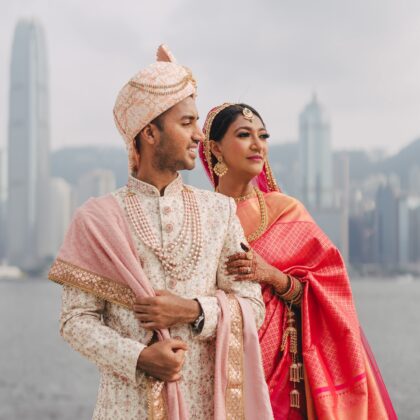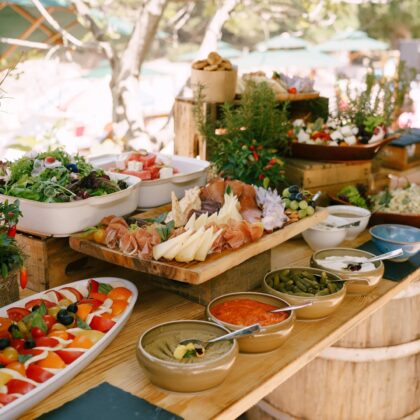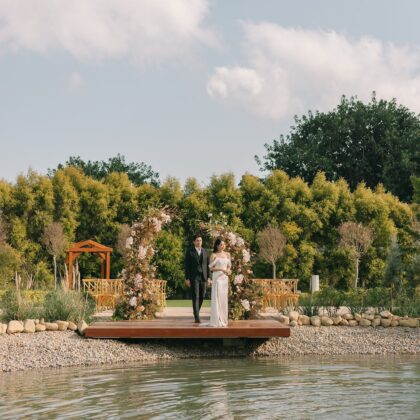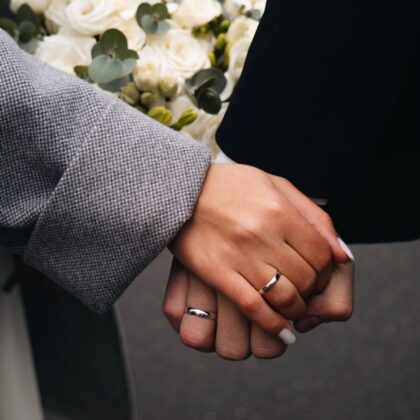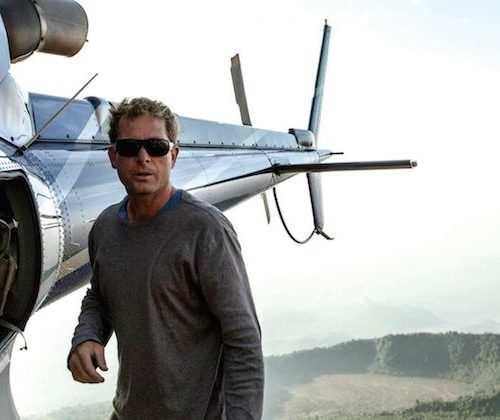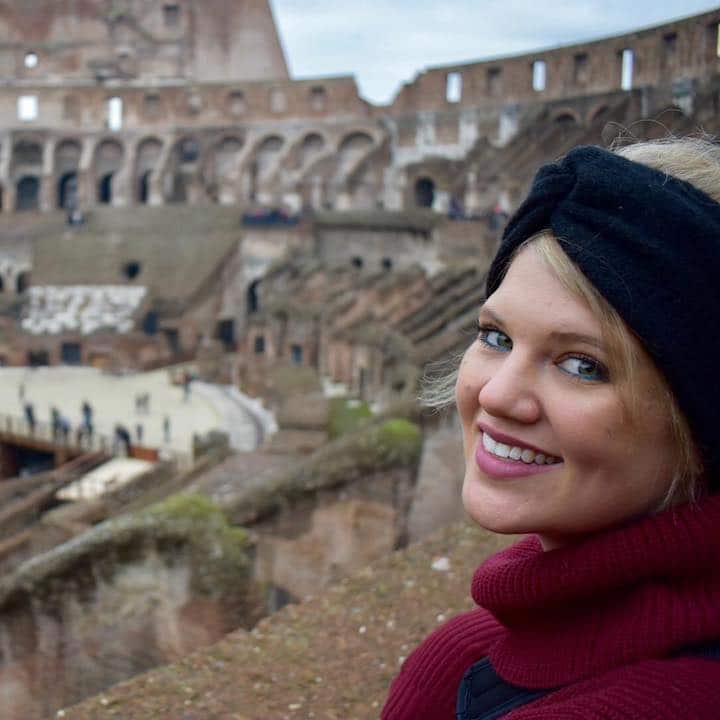Out of Africa
We all know the sad truth behind the plight of elephants and rhinos across the globe; an estimated 100 African elephants are killed each day by poachers seeking ivory. We sat down with Hong Kong raised helicopter pilot, Ben Simpson to understand further, his role in wildlife conservation as well as the work he continues to do with Tropic Air Helicopters and the BBC. Ben dishes on what it was like working with Sir David Attenborough and how YOU can get involved in supporting anti-poaching campaigns across Africa.
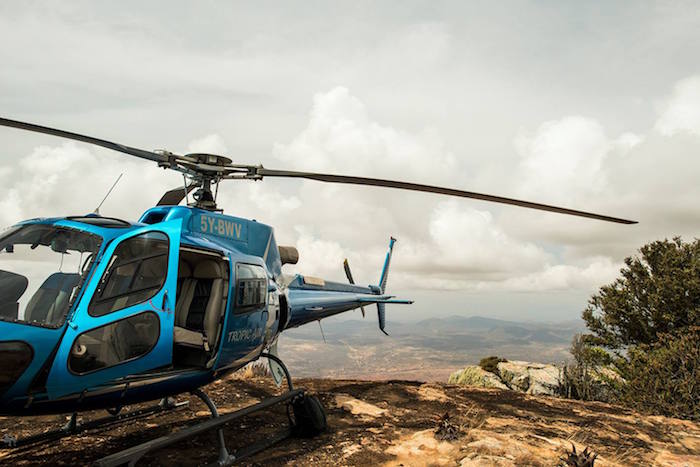
Tell us a bit about your background. What encouraged you to become a pilot? What led you to work in Africa?
Having grown up in Hong Kong, I made my move to Kenya back in ’96. I had travelled Southern Africa when I was 19 and immediately fell in love with the place – it grabs you by the soul. I never had any real aspirations growing up, I spent most of time working in a bar in LKF and surfing and paragliding in Shek O. It wasn’t until my godfather, who used to be a Cathay Pacific pilot, suggested that I take up a flying. I learnt out of Kai Tak Airport and loved it. When I finished he asked if I would consider flying planes as a career, so he lent me the money to complete my commercial license in the US and soon after I left on a one-way ticket to Africa.
What inspired you to set up Tropic Air Helicopters?
I was flying planes on a freelance basis for the owner of Tropic Air, right at the beginnings of the company. I had asked for a permanent job, but sadly there wasn’t enough work. I actually ended up taking a job in Sudan, working for the World Food Programme, but after a while I found myself getting bored of planes. It was during the millennium that I was staying with a friend in North Kenya when a helicopter carrying tourists landed on his lawn. I begged the pilot to take me up for five minutes and as soon as I left the ground I knew that this is what I needed to do.
I ended up in Hawaii to complete my commercial helicopters license and started to cook up a business plan. I came back to Tropic Air convinced that the helicopter tourism industry would grow. I got lucky and met a very wealthy man who was happy to lease his helicopter to us and it grew from there. I started out taking groups to Mount Kenya and surrounding national parks and since have been lucky enough to have some incredible experience, including being a part of aerial filming projects for the BBC.
You’ve flown high profile celebrities from George Bush to Madonna, but tell us more about working on the BBC series ‘Africa’ with David Attenborough. What was your most memorable moment working on the series?
The most important thing to understand here is that David Attenborough is not the filmmaker and I’m just the platform for the camera man, Simon Werry. Shooting Planet Earth [with him] was an incredible experience and required a lot of synergy between us to get those shots. We’ve worked together on a couple of projects like The Ivory Game, African Cats [for Disney] and Hollywood’s Clash of the Titans, but this was something else. David Attenborough is a legend, right?
I’ve met lots of famous people but I was in awe of him. He came out [to Africa] to shoot the introductions to the series and my business partner for Tropic Air, Jamie Roberts flew the ground crew and I took Simon. They originally wanted Attenborough to stand on a riff in the valley but we couldn’t find a suitable place to land so he sat in the back of Jamie’s helicopter and we slid the doors open and flew alongside him. This actually ended up being the opening sequence to the Savannah series!
You fly over Africa daily, taking part in different projects, from aerial filming to mountain rescues and wildlife control. Tell us more about your role in anti-poaching.
The plight of elephants and rhinos is well documented and we’re largely on top of it in Kenya. There is a number of privately funded anti-poaching ranges, who are trained to an extremely high level. We provide mobility and work very closely with a company called 51 Degrees, who have three quick response teams in Northern Kenya. Firstly, we never put ourselves in danger! We don’t ride the skies with machine guns sticking out of helicopters, we deliver, extract and provide medevac services when required.
There’s always a small plane flying (out of gun-fire range) above us. The pilot gives us a safe path in and out, and we do a series of dummy drops, creating dust clouds and confusion as no one is ever sure where we are dropping reinforcements. We pull back and wait until we’re needed. Honestly, we’re called out quite a lot, we’ve been needed three times in the last week but we can also go a couple of months without any activity.
You’ve also flown in the war-zones of South Sudan and Somalia, working with the United Nations’ world food programme. Can you tell us more about your experiences?
I have to say, it’s the most useless programme on the planet. We all have this ideal representation of the UN, but so much money is wasted in it. I witnessed these huge and expensive cars and millions of dollars going on aviation, and all of these drops were things that the South Sudanese didn’t have before and didn’t need. I went with the right intentions and came back with a very different attitude. More positively, I worked with the MSF delivering polio vaccinations, which, by comparison is a really worthwhile organisation. Very small teams, extremely effective and always first to respond. If you ever want to donate, donate to them.
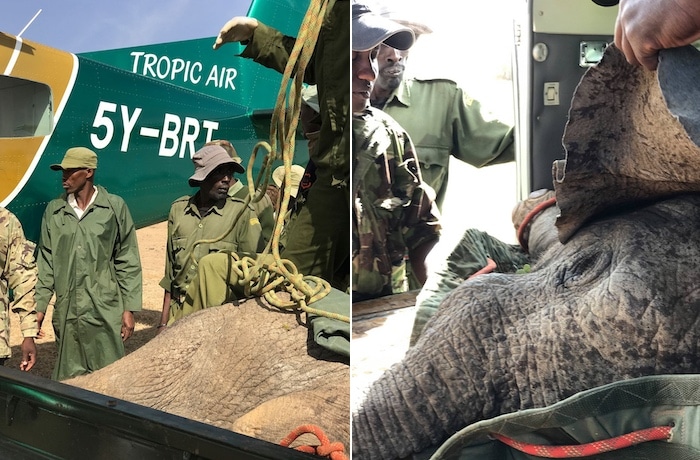
Is there a way our readers can get involved and show their support for anti-poaching?
Just by visiting Kenya you are doing something positive. The wildlife hugely depends on tourism! There’s a number of awesome organisations, and if people would like to donate I can certainly suggest a few:
– Mara Elephant Project: They are not only protecting elephants but helping to reduce wildlife-human conflict. The decline of elephants isn’t always due to ivory but instead farmers who are fed up of them eating and destroying their crop. The elephants are collared with GPS and data is collected in real time to show how a breeding herd is moving together. They can then intervene via helicopter or vehicle to move them onto another path.
– Big Life Foundation: Taking on similar work, Big Life Foundation also have intelligence networks which are used to break open crime rings and wildlife criminal networks. These are hardcore guys and they’re extremely effective. They give up their own time and money to keep it running, there’s no salary, just passion involved here.
You’ve managed to combine your passion, your job, and your ability to make a positive difference. What’s one piece of advice you’d give to young, working professionals/ what’s one piece of advice you live by?
At risk of sounding cliché, I got to where I am today because I believed in myself and my dreams. I started this journey 21 years ago and if I think back to when I left Hong Kong, I never would have imagined my life now. If you refuse to give up, you’ll succeed in everything you do. Everything I do today didn’t just happen, I made it happen. Go for it and get on with it!
Images credited to Tropic Air Kenya


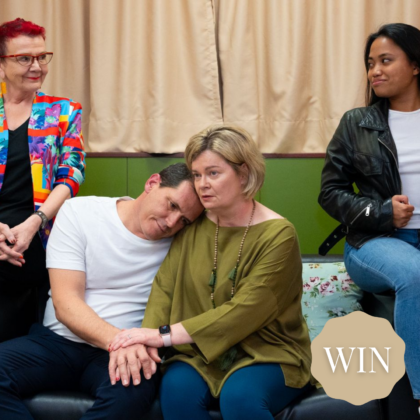
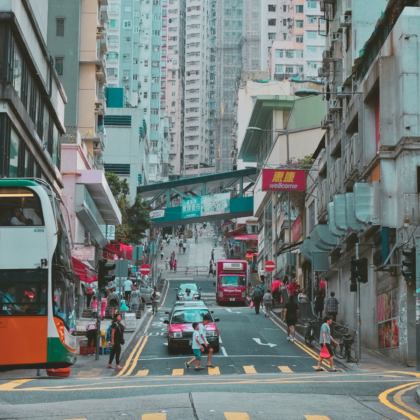

 Eat & Drink
Eat & Drink
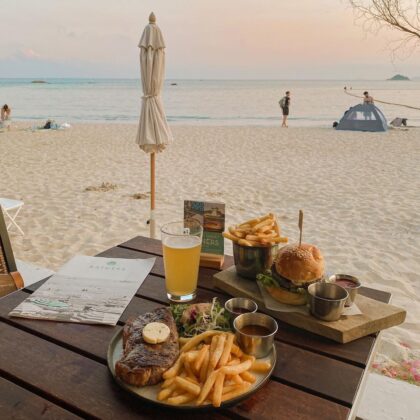


 Travel
Travel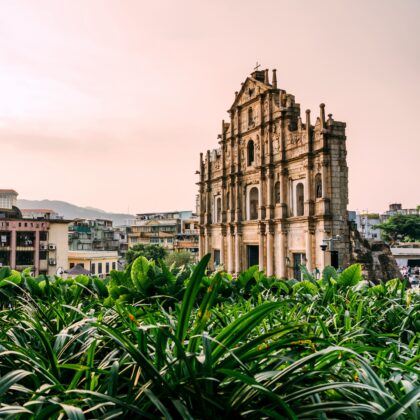
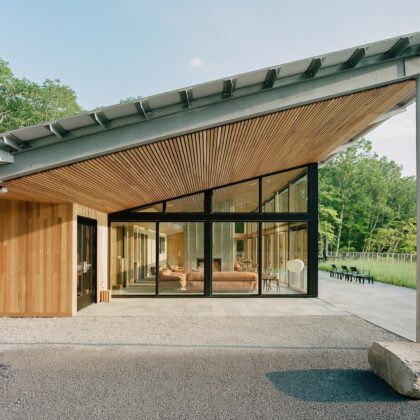
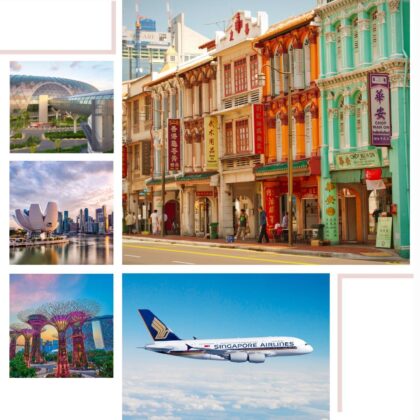

 Style
Style



 Beauty
Beauty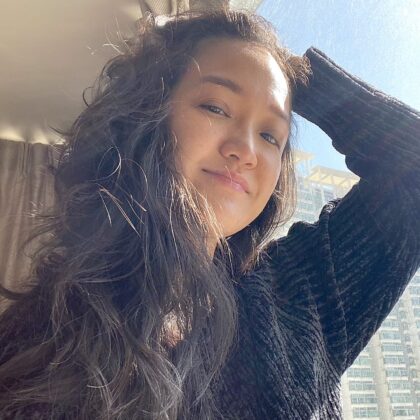



 Health & Wellness
Health & Wellness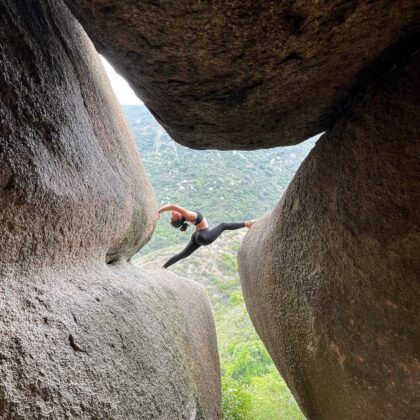
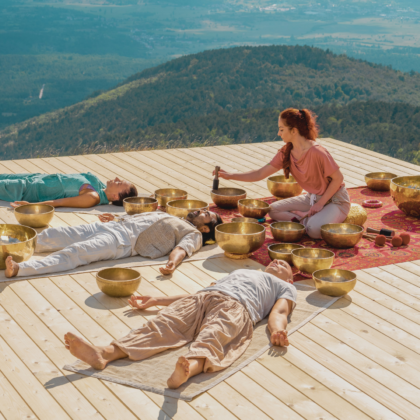


 Home & Decor
Home & Decor


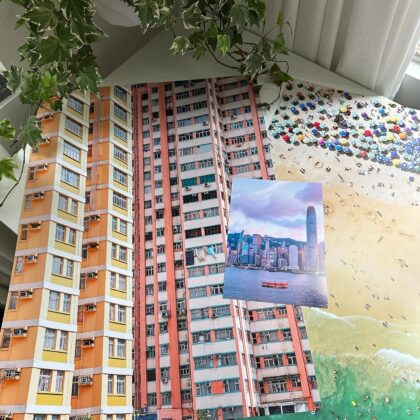
 Lifestyle
Lifestyle

 Weddings
Weddings